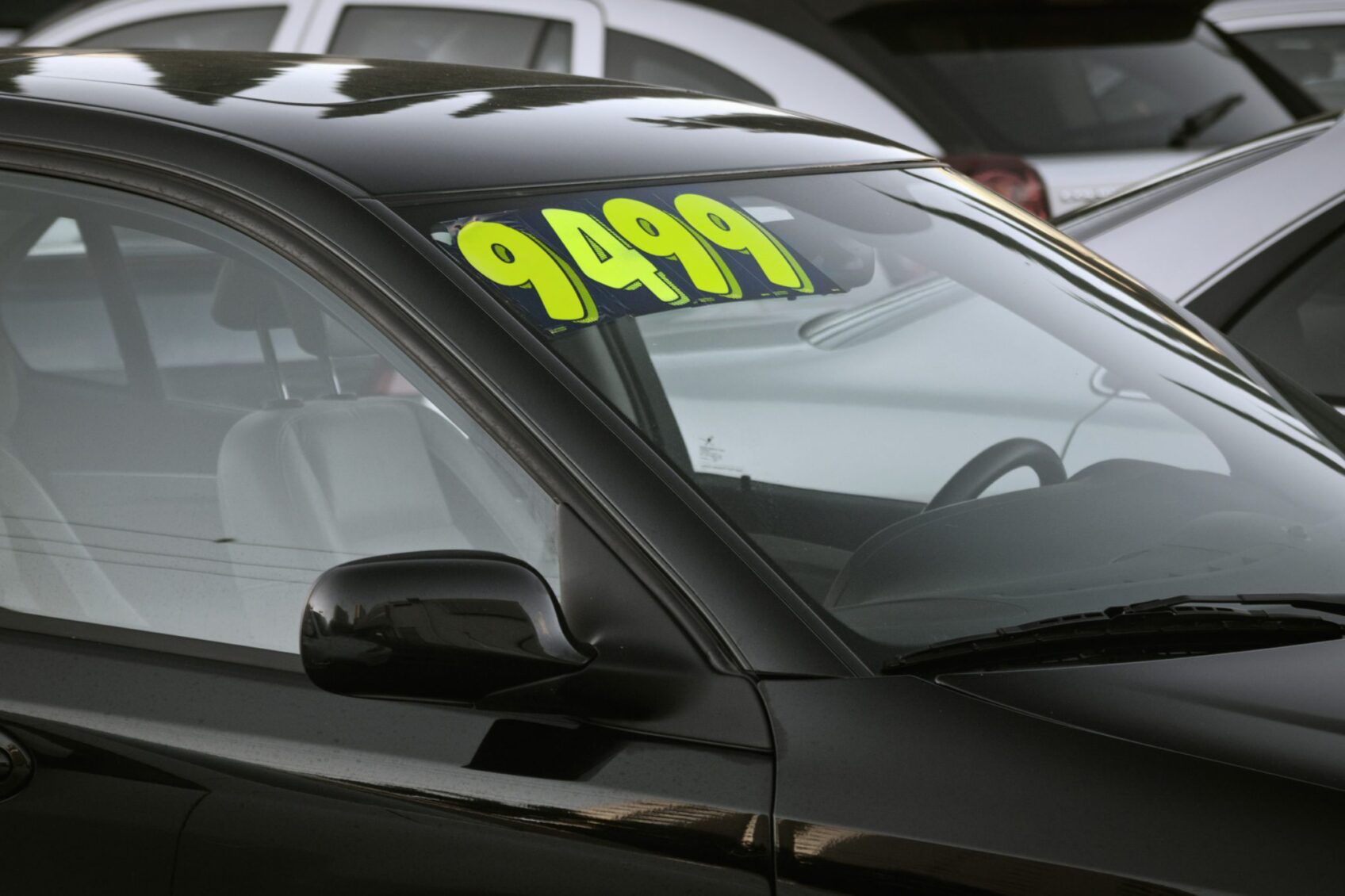
SPY Car Act Would Protect Cars from Hackers
U.S. Senator Edward Markey (D-Massachusetts) introduced Bill S.1806 on July 21 for greater auto safety standards. Titled the SPY Car Act of 2015, it would “require used car dealers to repair defects in the vehicles they sell, eliminate caps on fines for automakers and impose criminal penalties on auto executives who knowingly hide deadly defects,” as Reuters writes in an article appearing on WTVB.
Markey and Senator Richard Blumenthal (D-Connecticut) told reporters they would increase their push for the bill, Reuters writes. The Senate Commerce Committee had rejected those provisions the week before, when it approved a six-year, $275 billion surface transportation bill that was [and still is] headed for a full Senate vote.
Although the long-term bill, known as the Developing a Reliable and Innovative Vision for the Economy (DRIVE) Act, has bipartisan support in the Senate, consumer advocates and Democrats have said that many of its safety aspects would benefit industry, in spite of public criticism of defects in General Motors Co ignition switches and in Takata Corp air bag inflators, as Reuters reports, which caused injuries and deaths. U.S. Transportation Secretary Anthony Foxx agreed with safety advocates when he said the DRIVE Act could work against safety by making it more difficult for the government to: regulate cell phone use in cars, delay requirements for railroads to add new safety equipment, and remove public access to data about safety on large trucks and buses, Reuters writes.
As Markey wrote in a press release, the SPY Car Act would call for the National Highway Traffic Safety Administration (NHTSA) and the Federal Trade Commission (FTC) to create federal standards “to secure our cars and protect drivers’ privacy.” The legislation would also establish what it calls a “cyber dashboard,” a rating system consumers can use to determine how well their vehicles protect their security and privacy, Markey wrote.
“Drivers shouldn’t have to choose between being connected and being protected,” said Senator Markey. The SPY Car Act would protect drivers from data trackers, and their vehicles from hackers, Markey said. In the same press release, Blumenthal said, “The road to new auto technology is wide enough for both progress and privacy.”
In a July 21 article for Wired, Andy Greenberg, who writes about his Jeep Cherokee being hacked and taken over by Charlie Miller and Chris Valasek as he was driving it (in a pre-arranged experiment), mentions Markey and Blumenthal’s bill. “As an auto-hacking antidote, the bill couldn’t be timelier,” Greenberg writes. Although Markey has followed Miller and Valasek’s work for a long time, he did not time the introduction of the SPY Car Act to the Wired article about the Jeep being hacked and taken over, a Markey spokesman told Greenberg. Miller and Valasek have “spooked the automotive industry and even helped to inspire legislation,” Greenberg writes. He adds that the Spy CAR bill was inspired by Miller and Valasek’s work in 2013.

